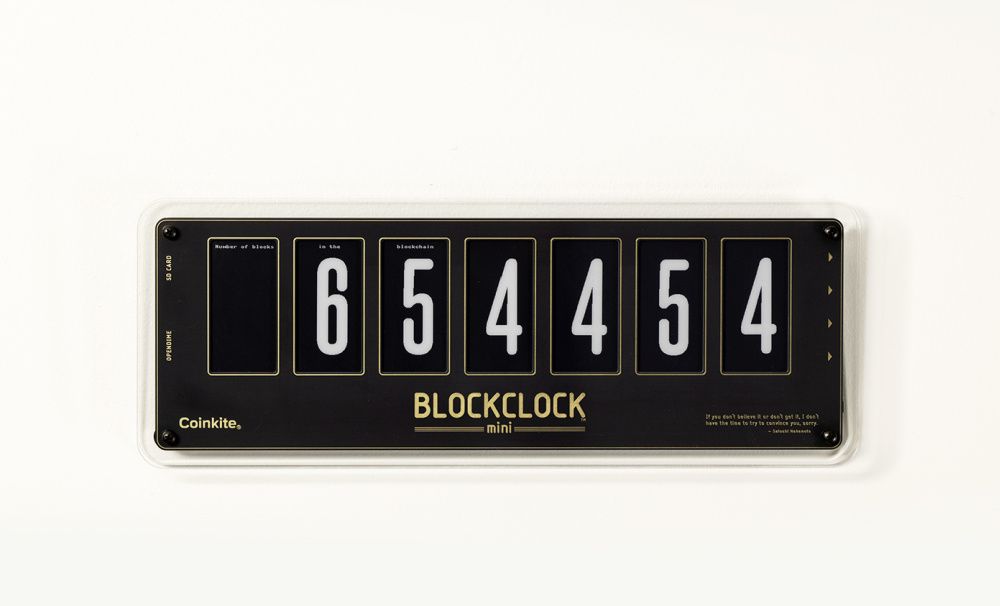The retro-looking clock-like machine was spotted on a counter in the background of Jack Dorsey's testimonial in front of the House Committee on Energy & Commerce
Earlier this week, Twitter founder Jack Dorsey—along with Facebook's Mark Zuckerberg and Google CEO Sundar Pichai—testified in front of the House Committee on Energy & Commerce during a hearing entitled: "Disinformation Nation: Social Media's Role in Promoting Extremism and Misinformation." During the session, the three Silicon Valley heavyweights addressed a broad spectrum of concerns in the information space, as well as strategies and innovations each organisation has been taking towards more transparency and balance.
"Every day Twitter grapples with complex considerations on how to address extremism and misinformation," Dorsey said in his testimonial. "How do we prevent harm, while also safeguarding free expression and the right of diverse individuals to express a range of views? How do we develop policies that can be built at scale and adapt rapidly, especially given diverse regulatory models around the world? What role should our company play in determining these pivotal questions? What information should we rely on when making decisions? How do we earn the trust of those who use our service?
"These are even harder questions in an increasingly polarized world, which has consequently heightened concerns about information sources," he said. "Quite simply, a trust deficit has been building over the last several years, and it has created uncertainty—here in the United States and globally. That deficit does not just impact the companies sitting at the table today but exists across the information ecosystem and, indeed, across many of our institutions."
The hearing, which is fascinating to anyone interested in digital media, communications, and one of the most pressing concerns facing the global community today, is embedded below this post.
While Dorsey was speaking, however, some viewers noticed a retro-looking clock-like thing that appeared to be showing seemingly random strings of numbers, changing every few moments, on the counter behind him. Turns out that while the device looked old-fashioned, it's anything but. Say hello to the Blockclock, a Bitcoin art piece created by Coinkite. The "clock" is hooked up to a Wifi network and, throughout the day, tracks prices from cryptocurrency exchanges, displays blocks as they are published by miners, and can display an investor's balance, as well as other information.

